9 Healthiest Non-Water Drinks for a Nutritious Boost
Although being hydrated is important for your health, you may not like drinking only tap water. Thankfully, if you’re tired of drinking water, there are many alternative, healthy, non-water drinks you can try to stay hydrated. These drinks can also provide vitamins and powerful antioxidants that water cannot.
Including a couple of these drinks in your daily menu—in between your glasses of water—will help you stay hydrated and may provide some additional health benefits. Still, you shouldn’t overdo any of them (no one needs ten cups of coffee every day!).
1. Smoothies
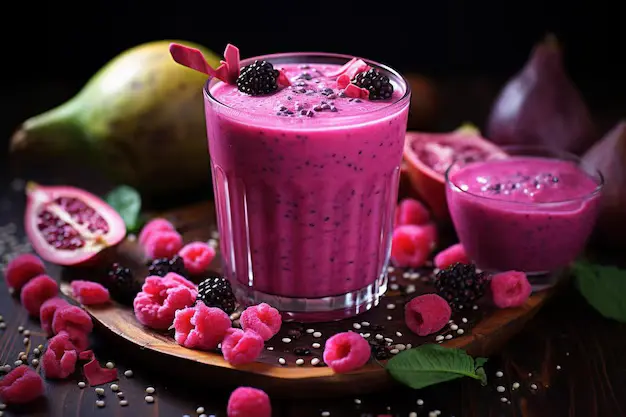
When you’re busy and on the move, smoothies may be a quick and simple method of absorbing nutrients quickly and replacing meals. However, Theresa Gentile, MS, RD, CDN, a spokesman for the Academy of Nutrition and Dietetics, advises not to overdo the add-ons.
For a decent smoothie, she advises her customers to follow these ratios:
- 1 1/2 to 2 cups of fruit that is frozen
- Half a cup to one cup of raw vegetables
- 1/4 of an avocado, 1/2 cup Greek yogurt or kefir, and 1 tablespoon of nut butter are examples of a serving of a thickening protein
- Your preferred beverage, such as milk or plant-based milk
2. Coffee

Coffee is known for boosting your energy levels throughout the day. Coffee does, however, have several health advantages beyond its caffeine content. Three cups of coffee a day may lower your risk of cardiometabolic morbidities, including type 2 diabetes and cardiovascular disease, according to recent research. Additionally, if you like drinking black coffee, it may help lower inflammation. Just remember that putting a lot of sugar or milk in your coffee might make it more inflammatory.
3. Tea
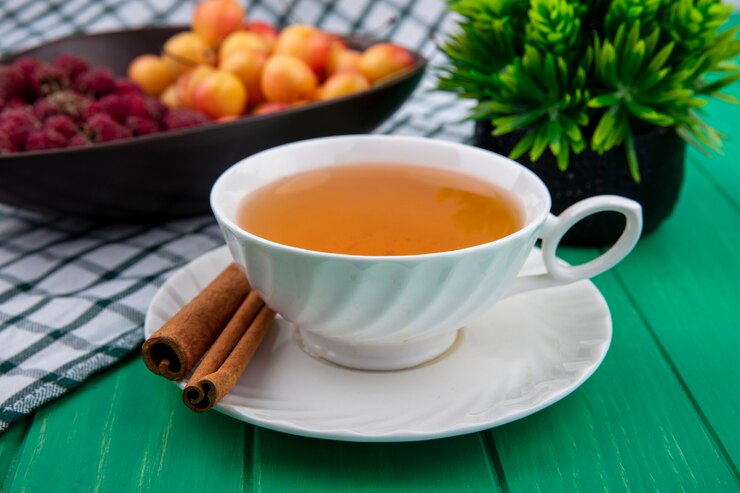
Whether you choose herbal, black, or green teas, each drink of tea offers many health advantages. For example:
- Black tea has flavonoids that promote heart health
- Green tea has strong antioxidants called polyphenols that aid in the body’s defense against illness and inflammation
- Peppermint and ginger teas are excellent for reducing nausea and promoting better digestion
Before going to bed, New Jersey private practice dietician Christa Brown, MS, RDN, LD, has a particular fondness for ashwagandha tea.
4. Kombucha

Since it combines the anti-inflammatory properties of tea with the gut health advantages of fermented foods, kombucha has become a popular addition to many people’s beverage repertoire. Avoid consuming more than four ounces of kombucha per day since it contains trace levels of alcohol and eight grams of sugar per cup.
5. Kefir
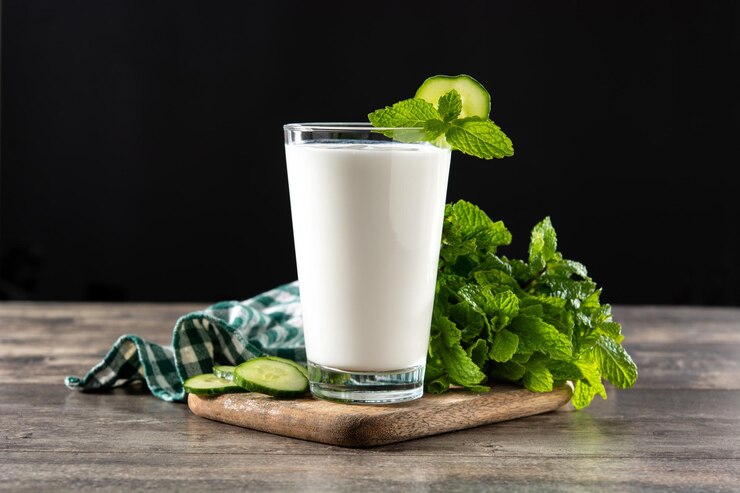
Another fermented beverage that is often created with milk and has a tangy, palatable yogurt-like flavor is kefir. Additionally, it includes probiotics, which, like yogurt, may help lower inflammation and enhance your gut flora. This tart drink may be consumed on its own or substituted for milk or yogurt in smoothies.
6. Juices
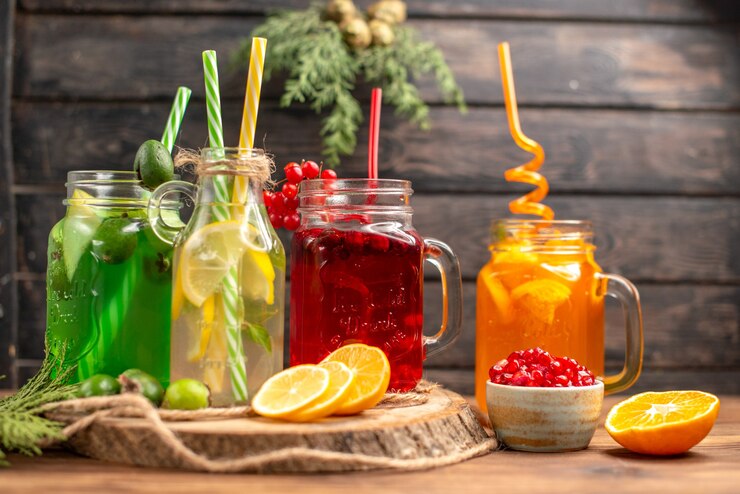
If you utilize them wisely, juices may be a nutritious addition to your drink repertoire. To make the drink more pleasant, many juices include a lot of sugar or other liquids that could be less nutrient-dense.
The following are some of the most nutrient-dense juices available:
- Mango juice: Includes strong antioxidants like mangiferin, which aids in repairing cellular damage
- Tart cherry juice: Abundant in polyphenols and anthocyanins, which improve sleep quality and reduce inflammation
- Tomato juice: Contains 189% of the recommended daily intake of vitamin C and the antioxidant lycopene
- Prune juice: High in B vitamins and iron, aiding digestion and relieving constipation
- Pomegranate juice: Rich in vitamin K and anthocyanin, supporting strong bones and heart health
Look for freshly squeezed juice without added sugar and use in moderation—no more than eight ounces per day.
7. Plant-Based Milk or Milk
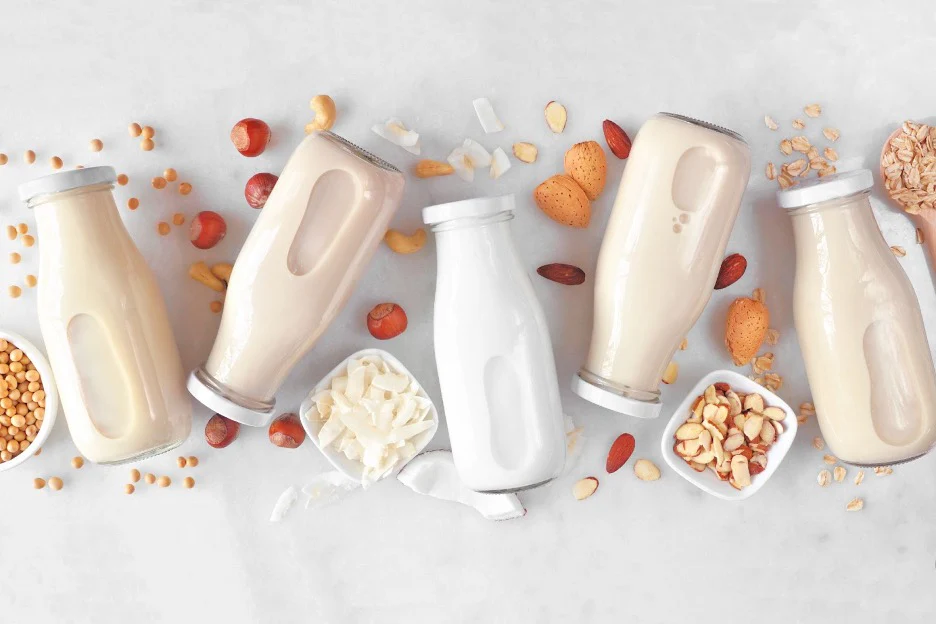
Plant-based or low-fat dairy milk may be a nutritious complement to your drink selection. Stick to unsweetened cow’s milk, almond, soy, oat, or coconut milk. Cow’s milk has the best nutritional profile for protein, calcium, and vitamin D.
8. Coconut Water
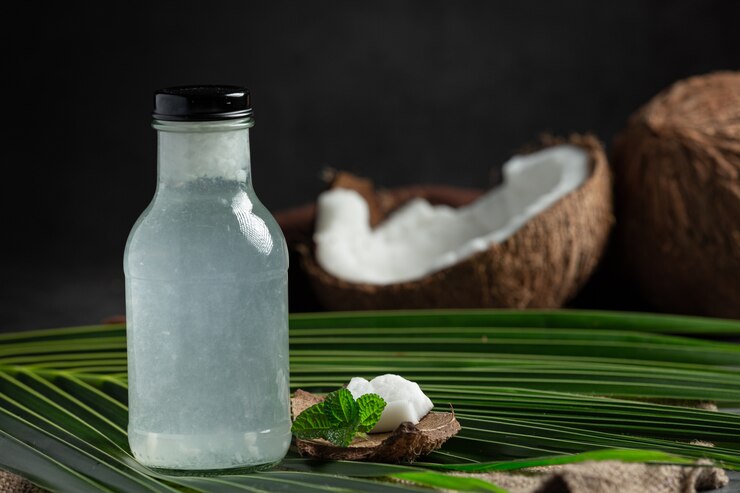
A nutrient-dense superfood, coconut water helps you stay hydrated and increases your antioxidant intake. However, since each cup contains more than six grams of sugar, enjoy it in moderation.
9. Infused Water or Sparkling Water
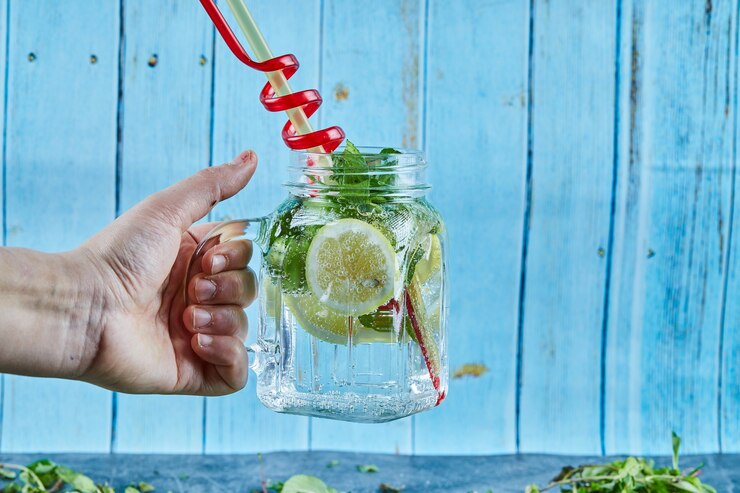
Technically speaking, this is still water. However, you may make it more interesting to drink and a fantastic substitute for sugary or artificially sweetened drinks by adding a little flavor or bubbles.
Water may be made much more appetizing by simply adding fresh sliced fruits and vegetables (think lemons, cucumbers, berries, or citrus) and herbs like mint or rosemary.
By incorporating these healthiest non-water drinks into your routine, you can enjoy hydration with added health benefits.

